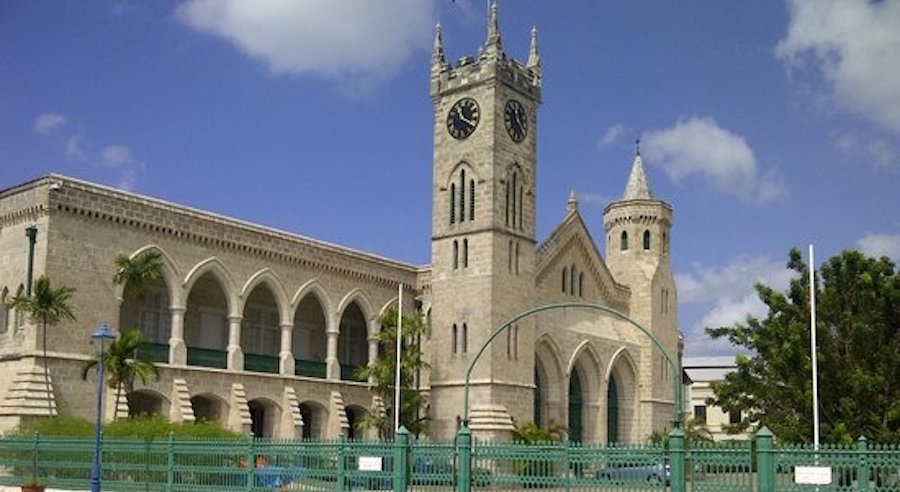Government’s proposed People’s Assemblies will not be another Constituency Council and will be free of partisan politics at all costs.
This is the assurance given by the Thorne Commission, as they sought to allay fears that the proposed local governance structure would be just another avenue by which political parties could push their partisan agendas.
During the first in a series of town hall meetings held at the Graydon Sealy Secondary School on Wednesday night, the small gathering voiced concerns that the People’s Assemblies could be used as just another political football.
Most persons that spoke on the night revealed that this was perhaps their biggest turn off from the now disbanded constituency councils, which were started in 2008 under the Democratic Labour Party (DLP).
“In light of what is happening in the world, I realize that a lot of our issues are often as a result of partisan thought processes,” said Debra Grant. “When I look at my country, a lot of development and a lot of things that can happen are being hampered by partisan concepts. I love the fact that you say this is non-partisan but the question is how we achieve this in this polarized society. Everything happens in this country around partisan lines, but I am hoping that we can find persons that can serve on these assemblies in an objective way,” she said.
Others like social activist Buddy Larrier noted that they attempted to participate in the constituency council, only to have their points of view disregarded because of their perceived political affiliation.
In response, chairman of the commission and Member of Parliament for Christ Church South, Ralph Thorne, made it clear that this was not going to be tolerated, as the assemblies are being designed to tackle community issues. He explained that measures would be put in place to ensure that there is adherence to this fundamental rule.
“Relationships of this nature are made awkward by partisan consideration. People feel uncomfortable when partisan politics infects the relationship. This is something that we are strongly guarding against as we set up these administrations of persons in localized areas. We feel that it is not a good thing for that community if partisan politics infect them,” said Thorne.
“We are proposing therefore that you cannot sit on an assembly as a BLP [Barbados Labour Party] or DLP or any other party. You must come with your own personal integrity. In the past we had so-called councils being appointed by ministers, in this proposal, there would be elections and your neighbors would determine if you are worthy of a place on the assembly. This would be conducted by the Electoral and Boundaries Commission, so it would be a free and fair election.”
However, Thorne acknowledged that it was likely that political entities will still attempt to exploit the provincial governance structures, noting that vigilance was needed to ensure that these influences do not infiltrate.
“We are all adults here and I am sure that political parties will try to infiltrate this system, and this is one of the hazards, but we want to make a pure start and make every safeguard against this. Local Government needs to be pure, and this is the only way that it is going to function in a meaningful way,” he stressed.
In the proposal, which would be fine-tuned after extended consultation with the public, it is suggested that persons who stand as candidates for election to a People’s Assembly should be required to contest the election as individuals and not as representatives of any political party or other institutions.
It was also stated that no electioneering should be permitted in People’s Assembly elections, other than having the Electoral and Boundaries Commission publish the curriculum vitae of each candidate, and each candidate being permitted to address their fellow residents at a Town Hall meeting convened by the Electoral and Boundaries Commission.




